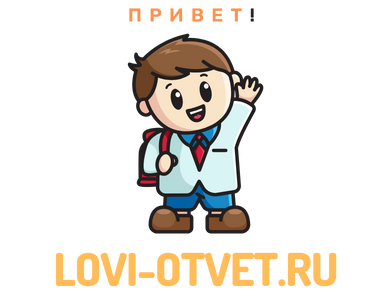1. What is the verb tense of the sentence Smooth or linstriated muscles contract without any volition?
2. What happens to the blood vessels when they respond to the temperature?
3. What is the main function of the skeleton?
4. During what time period were they conducting their experiment?
5. In which term will the students learn about the framework of the chest?
6. How long will we be studying the functions of the heart?
Пошаговый ответ:
Explanation:
The verb tense of the sentence «Smooth or linstriated muscles contract without any volition» is present tense. This is because the sentence describes a general fact or a timeless truth. In this case, it states that smooth or striated muscles contract involuntarily, which is an ongoing phenomenon.
Example of use:
Identify the verb tense in the following sentence: «Birds fly in the sky.»
Advice:
To understand the verb tense, it is important to pay attention to the form of the verb and the context in which it is used. In this case, the verb «contract» is in the base form («without any volition» indicates the absence of volitional action), which indicates present tense when discussing a general truth.
Exercise:
Determine the verb tense in the sentence: «Water boils at 100 degrees Celsius.»


Commentary: The questions cover various topics, from grammar and physiology to experimental details, demonstrating a broad range of knowledge and curiosity.